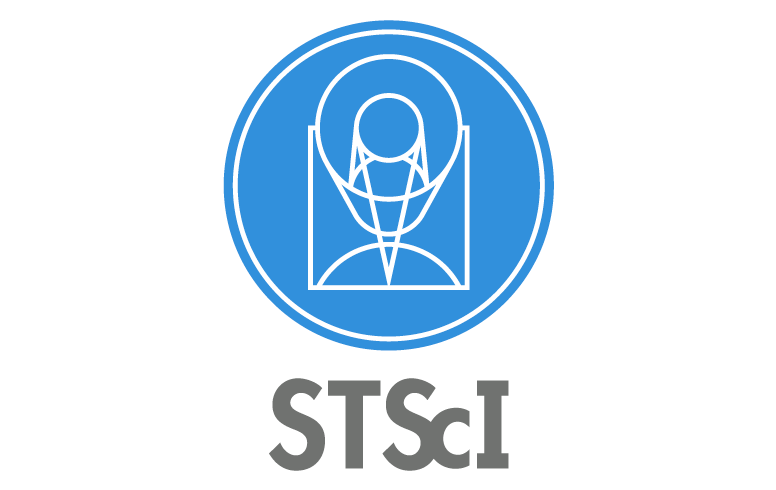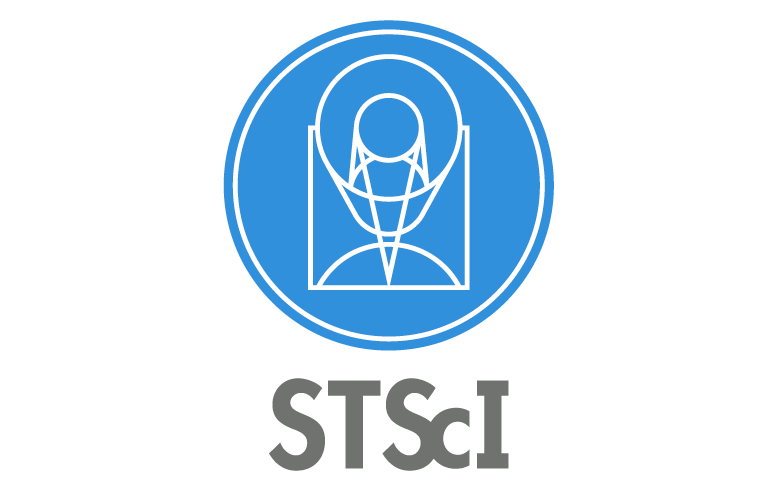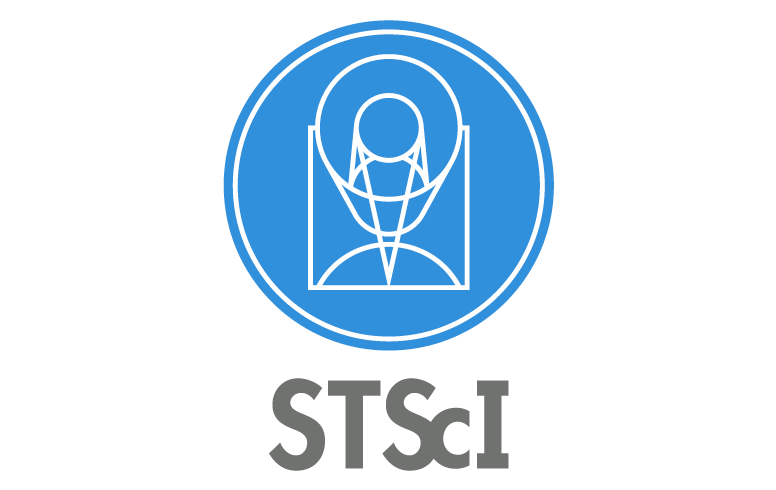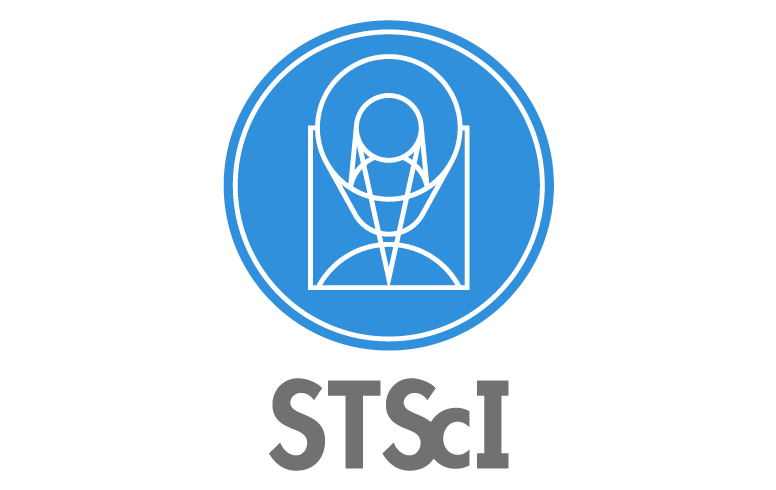
The first two billion years of life on Earth left scant, inconclusive material evidence of its existence, despite its undoubtedly complex and profound impact on our planetary system. As a consequence, many hypotheses about the origin of life and its early evolution are currently untestable. New lines of evidence are therefore necessary to construct a more precise, explanatory narrative relating these planetary events, and place them within an astrobiological context. The genomes of extant organisms can provide such a record, as they are descended from lineages that endured across nearly all geological time, and preserve within their sequences an accumulated signal of ancient evolutionary processes and events.
Using comparative phylogenomic analyses, ancient horizontal gene transfers between the ancestors of extant groups can be inferred, demonstrating the chimeric, coalescent nature of early evolution, with recombinations within transferred genes revealing the selective pressures that shaped these lineages. Such transfers also act as an internal calibration for the relative timing of evolutionary events early in the microbial history of life, analogous to the fossil stratigraphy that orders the history of complex life in later geological eras. The phylogenomic record even extends to the very ancient time before the Last Universal Common Ancestor (LUCA), as ancestral sequence reconstruction of protein families diverging before this time gives clues to the function of the most ancient proteins, and the evolution of the earliest biological processes.
 Contemporary Water and Habitability of Mars
Contemporary Water and Habitability of Mars Astrobiology and the Antropocene Epoch
Astrobiology and the Antropocene Epoch Planets, Life, and the Universe Lecture Series (2009 - Present)
Planets, Life, and the Universe Lecture Series (2009 - Present) Blood Falls: Portal Into an Antarctic Subglacial Microbial World
Blood Falls: Portal Into an Antarctic Subglacial Microbial World